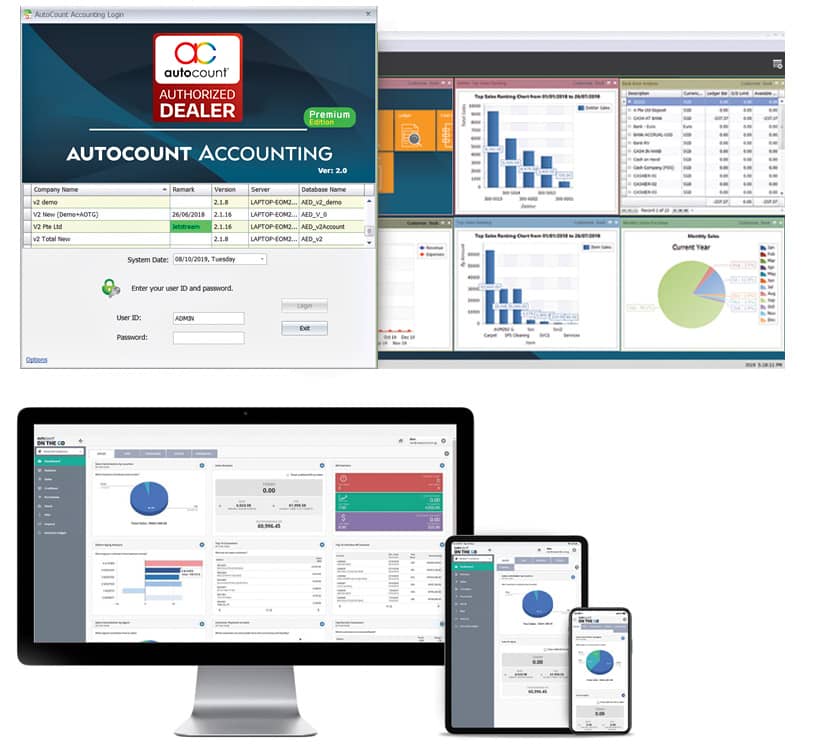Pre-approved Accounting: Streamlining Financial Processes

In today’s fast-paced business environment, efficient financial management is crucial for success. One approach gaining traction among businesses is pre-approved accounting. This method involves setting predetermined guidelines and limits for financial transactions, empowering employees to make purchases within these boundaries without seeking individual approval each time.
What is Pre-approved Accounting?
Pre-approved accounting is a system where certain financial transactions are pre-authorized based on established criteria. Instead of requiring approval for every expense, employees have the autonomy to make purchases within predetermined limits set by management. This streamlines the purchasing process and reduces administrative burden while maintaining control over company finances.
Importance of Pre-approved Accounting for Businesses
Pre-approved accounting offers several benefits for businesses of all sizes. By implementing this system, companies can:
Benefits of Pre-approved Accounting
Streamlined Financial Processes
Pre-approved accounting simplifies the purchasing process by eliminating the need for individual approvals for routine expenses. This saves time for both employees and managers, allowing them to focus on more strategic tasks.
Enhanced Accuracy and Efficiency
With predefined guidelines in place, pre-approved accounting reduces the likelihood of errors and unauthorized spending. By standardizing purchasing procedures, businesses can ensure consistency and accuracy in financial transactions.
Improved Financial Decision-Making
By analyzing spending patterns and trends within the pre-approved framework, businesses gain valuable insights into their financial health. This enables informed decision-making and strategic planning to optimize resources and drive growth.
Compliance with Regulations
Pre-approved accounting helps businesses maintain compliance with internal policies as well as external regulations. By establishing clear guidelines and controls, companies can mitigate the risk of non-compliance and potential legal issues.
Implementing Pre-approved Accounting
Choosing the Right Software or System
The first step in implementing pre-approved accounting is selecting the appropriate software or system to facilitate the process. Businesses should consider factors such as scalability, compatibility with existing systems, and user-friendliness.
Training Staff and Stakeholders
Effective training is essential to ensure that employees and stakeholders understand how pre-approved accounting works and their roles within the system. Providing comprehensive training sessions and ongoing support can help facilitate a smooth transition.
Establishing Workflows and Protocols
Developing clear workflows and protocols is crucial for the successful implementation of pre-approved accounting. This includes defining approval hierarchies, setting spending limits, and establishing protocols for exceptions and escalations.
Regular Monitoring and Adjustments
Once pre-approved accounting is in place, it’s important to monitor its effectiveness and make adjustments as needed. Regular reviews and audits can help identify areas for improvement and ensure compliance with established guidelines.
Challenges of Pre-approved Accounting
Initial Setup Costs
Implementing pre-approved accounting may require an initial investment in software, training, and infrastructure. While these upfront costs can be significant, they are often outweighed by the long-term benefits of improved efficiency and control.
Resistance to Change
Introducing pre-approved accounting may encounter resistance from employees accustomed to traditional approval processes. Effective change management strategies, such as communication and training, can help address concerns and facilitate adoption.
Integration with Existing Systems
Integrating pre-approved accounting with existing systems and processes can pose challenges, particularly for businesses with complex IT environments. Ensuring compatibility and seamless integration are essential to avoid disruptions to daily operations.
Data Security Concerns
Maintaining data security is a top priority when implementing pre-approved accounting. Businesses must ensure that sensitive financial information is protected against unauthorized access or breaches, requiring robust security measures and protocols.
Best Practices for Pre-approved Accounting
Regular Audits and Reviews
Periodic audits and reviews are essential to ensure the integrity and effectiveness of pre-approved accounting systems. By conducting regular assessments, businesses can identify areas for improvement and address any discrepancies or issues promptly.
Keeping Up with Updates and Changes
Financial regulations and business requirements are constantly evolving, requiring pre-approved accounting systems to adapt accordingly. Staying informed about updates and changes in regulations and industry best practices is essential to maintain compliance and effectiveness.
Customizing the System to Fit Business Needs
While pre-approved accounting systems offer standard features and functionalities, customization may be necessary to align with specific business requirements. Tailoring the system to accommodate unique workflows and preferences can enhance its usability and effectiveness.
Seeking Professional Guidance When Needed
Implementing pre-approved accounting may require specialized expertise in finance, technology, or compliance. Businesses should not hesitate to seek professional guidance or consulting services to ensure a successful implementation and optimal performance.
Conclusion
Pre-approved accounting offers numerous benefits for businesses seeking to streamline their financial processes and enhance control over expenses. While implementation may present challenges, the long-term advantages of efficiency, accuracy, and compliance make it a valuable investment for modern organizations.
FAQs
- Is pre-approved accounting suitable for all types of businesses?
- Pre-approved accounting can benefit businesses of various sizes and industries, although the specific requirements may vary depending on individual needs and circumstances.
- How does pre-approved accounting improve financial decision-making?
- By providing insights into spending patterns and trends, pre-approved accounting enables businesses to make informed decisions and allocate resources more effectively.
- What security measures are in place to protect sensitive financial data in pre-approved accounting systems?
- Pre-approved accounting systems typically employ encryption, access controls, and other security measures to safeguard sensitive financial information from unauthorized access or breaches.
- Can pre-approved accounting be integrated with existing financial management systems?
- Yes, pre-approved accounting systems can often be integrated with existing ERP or financial management systems to ensure seamless data flow and compatibility.
- What factors should businesses consider when choosing a pre-approved accounting system?
- Factors to consider include scalability, compatibility, ease of use, customer support, and cost-effectiveness.









